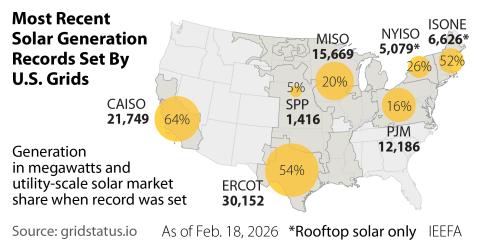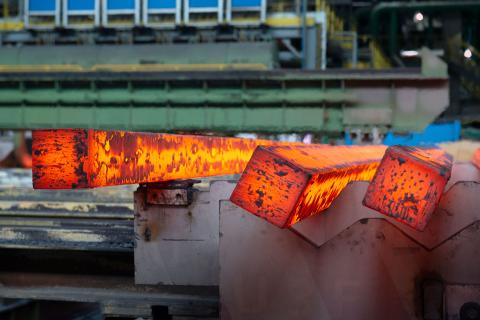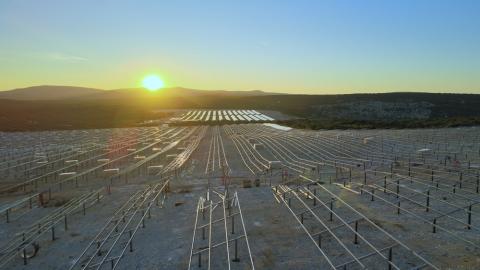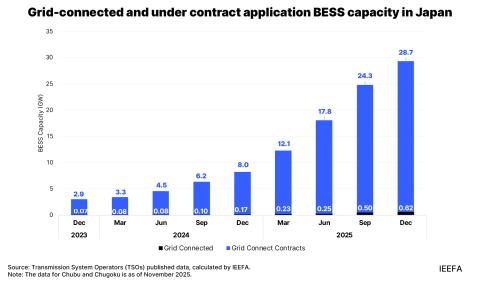IEEFA South Asia: A Simple Way to Help Address Bangladesh’s Energy Crisis—Import Electricity From India
As India proceeds with a remarkable electricity-sector transformation that puts it firmly on the road to modernizing its antiquated grid, expanding its commitment to renewables and achieving stronger national energy security, its neighbor to the east, Bangladesh, is reeling from an ever-growing power crisis.
Bangladesh is awash today in energy poverty. Its per capita consumption of electricity is less than 10 percent of the global average. Households and businesses that are lucky enough to have access to the country’s underdeveloped grid face frequent blackouts and service cuts. Plans, such as they are, for improving Bangladesh’s electricity system fall desperately short of what’s needed.
Bangladesh’s policymakers have responded to Bangladesh’s electricity shortage by promoting a “Power to All” program that offers a dubious promise of delivering widely available, affordable electricity. The national Power System Master Plan, adopted in 2010, proposes increasing generation capacity to 39 gigawatts by 2030 from 12 gigawatts today, banking on increasing coal-fired capacity to nearly 50 percent of total generation from about 2 percent now.
Such a move would wean Bangladesh from its current over-dependence on gas-fired plants. The flaw in the scheme is that it relies on imported coal to run expensive, high-risk projects like the proposed Rampal Power Plant, a project that is riddled with problems we documented in a report published a few weeks ago. Rampal would produce unaffordable electricity built on high-priced subsidies and would needlessly expose consumers to international coal-price and exchange-rate risks. Expensive imported-coal-fired power projects can easily end up being stranded assets, with expensive electricity and underutilized capacities that damage entire economies.
There’s a better way to proceed, and it includes tapping into a power surplus in India that is likely to exist for many years to come. Bangladesh can substantially address its electricity shortage simply by importing power directly from India.
India already exports 600 megawatts of power to Bangladesh, and the two countries are working on increasing cross-border power transmission capacity by almost five-fold, to 3,200 megawatts. Exporting power to Bangladesh could be a boon to India, too, improving the capacity utilization of Indian coal-fired power plants, which stood at only 58 percent in 2015/16.
By importing electricity from India, Bangladesh would also be buying itself time to develop sustainable electricity solutions that will include a robust domestic solar power industry. Solar would not only eliminate fuel-price and exchange-rate risk, but would be cheaper by definition, given the deflationary nature of solar tariffs. Once a solar installation is built, its operating costs are minimal.
Solar has global energy markets on its side too. Prices are achieving parity already with coal-based power in many parts of the world, including in India, where they dropped to US6.5c/kWh in recent auctions. And India, which has embraced aggressive solar-expansion goals that aim to add 100GW of solar by 2021-22, can also export crucial technical, financial and engineering expertise to expedite the development of a similarly cost-effective Bangladesh solar-installation industry. Such movement would help Bangladesh achieve energy sufficiency while simultaneously supporting the fledgling solar manufacturing sector in India.
Jai Sharda is an IEEFA Bengaluru-based energy-markets consultant.
RELATED POSTS:
IEEFA India: How $1 Billion in World Bank Lending Is Helping Drive a Solar Boom














